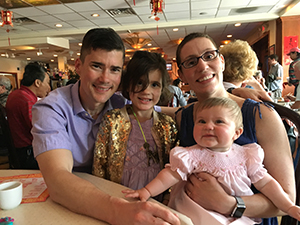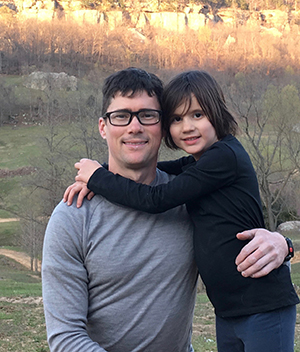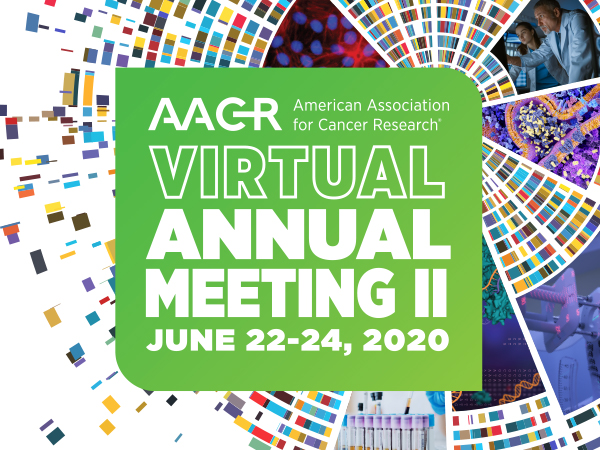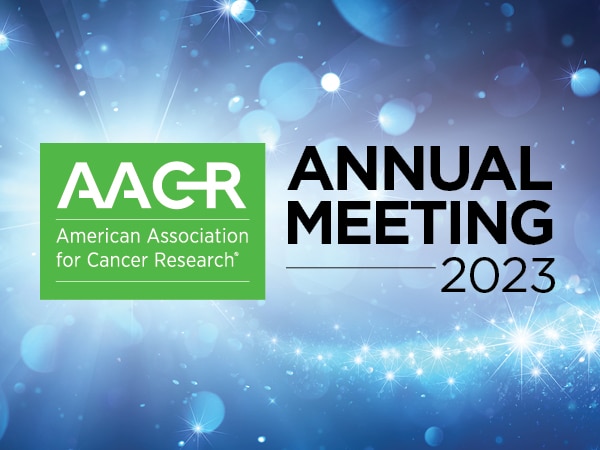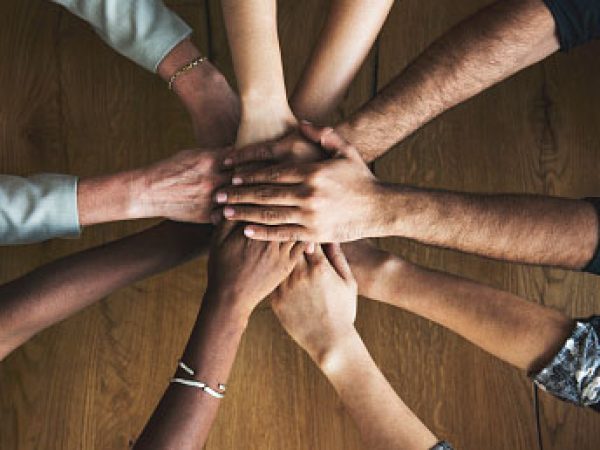Making Cancer Research Funding Personal for Congress
Guest Post by Daniel Lee Miller, MD, PhD (@Dan_Lee_Miller)
Associate member of the AACR and resident physician in Pathology, Department of Pathology, Johns Hopkins Hospital
When I was 25, I was told I had thyroid cancer that had spread throughout my neck and to my lungs. Soon after, I found out an old high school friend had recently been diagnosed with a type of brain cancer, medulloblastoma. Bludgeoned by chance, we reconnected through our shared experience—namely, being otherwise healthy young men with futures abruptly menaced by cancer.
For a long time, Jason was the only friend who shared with me what should have been the best times our lives, a reckless and carefree early adulthood. Instead, we both struggled with our new identities as cancer patients and the cultural expectations of survivorship. We both resented the lay lexicon with its “fighting” and “warrior” analogies, the support groups, the constant pity. Neither of us knew what to say when asked if we were “in remission”—mostly because neither of us would ever truly be cancer-free.
We coped the only way we knew how—by becoming hyper-focused on what we wanted to do in life and how we wanted to live it. He moved to Washington, D.C. to pursue a high-level job at an advocacy organization. I finished the prerequisites needed to apply to medical school, and found work in a molecular biology lab. For those first few years, it all seemed easier. We stayed in touch, and fortunately, we also stayed relatively healthy. We each met our partners and fell in love. We knew we were different, but we still had those youthful blinders.
In October 2009, during my second year of medical school, I received a phone call from Jason. He was back in the hospital. I didn’t know what to feel or how to feel it. My pregnant wife was due any minute, and I was loving medical school. I had spent the majority of my previous summer at the Sidney Kimmel Cancer Center at Johns Hopkins University getting a third operation and workup for more radiation treatment, but he hadn’t been doing so well. Later that week he died, and I still think about him almost every day.
All this is to say, I’ve learned what cancer looks like macroscopically, on a human scale. I’ve lost friends. And I’ve had to reckon with the uncertainty of my own future—how, when, or if the cancer might progress. Understanding the pathobiology of cancer, and especially creating new therapies that might treat it, has always been my professional motivation, but it is also a deeply personal one.
Through my training as a physician-scientist, I have come to deeply appreciate basic, clinical, and translational research as cornerstones of hope and progress. However, as many of us have experienced, the research enterprise has suffered due to federal funding that has not kept pace with biomedical inflation. So many of my colleagues in medical and graduate school have chosen career paths driven less by scientific inquiry than by perceived financial assurances. We have seen our senior principal investigators struggling with decreased National Institutes of Health (NIH) funding rates, and many feel discouraged from pursuing similar career paths,largely due to fears of uncertainty.
It was my own experience with the macroscopic, social, and intrapersonal aspects of cancer survivorship that drove me to ask the question, “How can I help increase federal expenditures for cancer research?” So, when I read about the American Association for Cancer Research’s (AACR) early-career investigator day in February, where we would have the chance to meet with legislators on Capitol Hill, I jumped at the opportunity.
I went to Congress to tell them my story. I also shared my thoughts on how difficult it is to enthusiastically choose a career in science because funding rates for grants are so incredibly low. It is so critical for the U.S. to continue being a world leader in biomedical research, but even in the few years of my graduate study, I saw the direct effects of fiscal cuts that significantly impacted cancer research funding.
I felt like I was a good face for congressional officials to attach to the issue; someone who is living with metastatic thryoid cancer while also trying to have a career at the cutting edge of science and medicine. To my great pleasure, I found Sens. Roy Blunt (R-Missouri), Claire McCaskill (D-Missouri), and Jerry Moran (R-Kansas), and Reps. Kevin Yoder (R-Kansas), and Vicky Hartzler (R-Missouri) to be extremely aware of the problem and seemingly willing to increase the fiscal year 2017 budget for the NIH.
It is essential that we all try and do what is best for our communities at large, cancer patients, and their families. My own ultimate career goal of translating basic biological findings and knowledge of disease into patient-oriented diagnostic tests and novel therapeutics is highly dependent on NIH funding. But my memory of Jason helps provide the imperative to accelerate the translation of discovery science into practice.
Daniel Lee Miller, MD, PhD, is an associate member of the AACR and resident physician in Pathology, Department of Pathology, Johns Hopkins Hospital.

